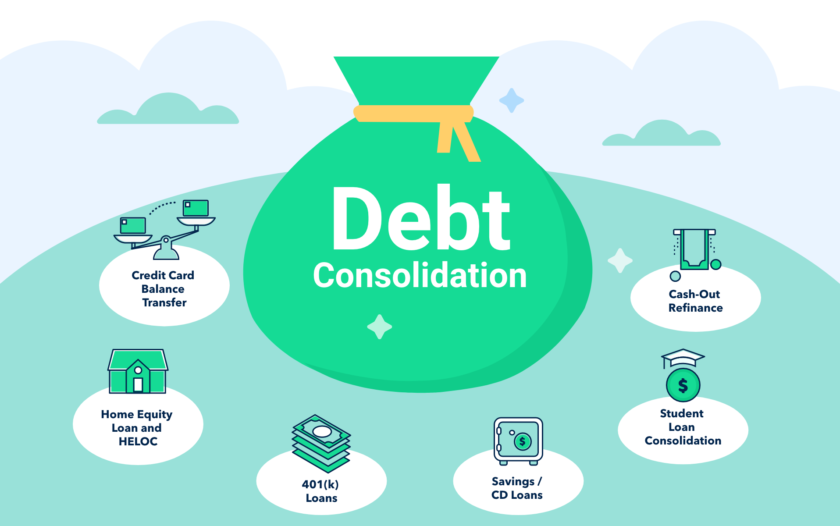Demystifying Taxes: A Small Business Owner’s Guide to Success
Tackling taxes as a small business owner can feel like navigating a complex maze. Fear not, as we unravel essential advice to empower you in making strategic decisions for your business.
Organization Is Key: Lay the Groundwork
Impeccable organization is the foundation of successful tax management. Keep detailed records of income, expenses, and receipts throughout the year. This not only eases the burden during tax season but also ensures accuracy and compliance.
Stay Informed: The Ever-Changing Tax Landscape
Tax laws are anything but static. Stay abreast of updates and changes to the tax code. This knowledge empowers you to capitalize on deductions, credits, and incentives while avoiding pitfalls that may result in penalties or audits.
Choose Your Business Structure Wisely: A Tax Game-Changer
The structure of your business significantly impacts your tax liability. Whether you’re a sole proprietor, LLC, S corporation, or another entity, each has distinct tax implications. Consult with a tax professional to determine the most tax-efficient structure for your business.
Deductions and Credits: Your Allies in Tax Reduction
Take advantage of available deductions and credits. From business expenses and home office deductions to research credits, maximizing these opportunities can significantly reduce your taxable income. Ensure you’re aware of all eligible tax breaks for your industry.
Separate Personal and Business Finances: Maintain a Clear Divide
Maintaining a clear separation between personal and business finances is crucial. Open dedicated business accounts and use distinct financial tools. This demarcation simplifies bookkeeping, ensures accuracy, and facilitates a smooth tax filing process.
Leverage Accounting Software: Efficiency in Numbers
Invest in accounting software to streamline financial management. These tools automate calculations, track expenses, and generate comprehensive reports, saving you time and reducing the likelihood of errors during tax preparation.
Quarterly Estimated Taxes: A Proactive Approach
Small business owners often need to pay estimated taxes quarterly. This proactive approach prevents surprises and helps you manage cash flow effectively. Work with a tax professional to estimate and fulfill your quarterly tax obligations.
Seek Professional Guidance: Navigating Tax Complexities
Tax matters are intricate, and professional advice is invaluable. Consult with a certified tax professional or accountant who specializes in small business taxation. Their expertise ensures compliance, optimizes your tax strategy, and provides peace of mind.
Plan for the Future: Strategic Tax Planning
Strategic tax planning isn’t just a year-end task; it’s a continuous process. Collaborate with your tax advisor to develop a long-term tax strategy aligned with your business goals. Proactive planning maximizes opportunities and minimizes liabilities.
Navigating the tax landscape as a small business owner requires diligence, knowledge, and strategic planning. For additional insights and personalized advice, explore Tax Advice for Small Business.











